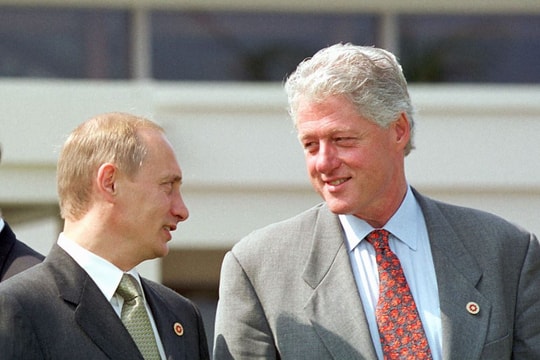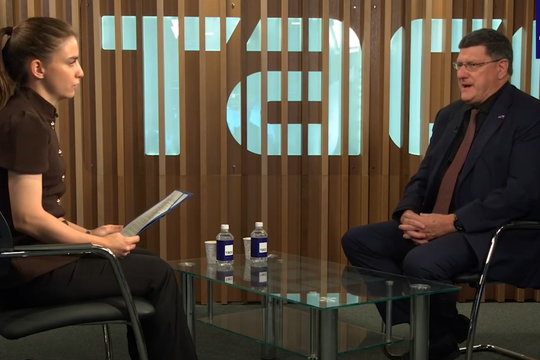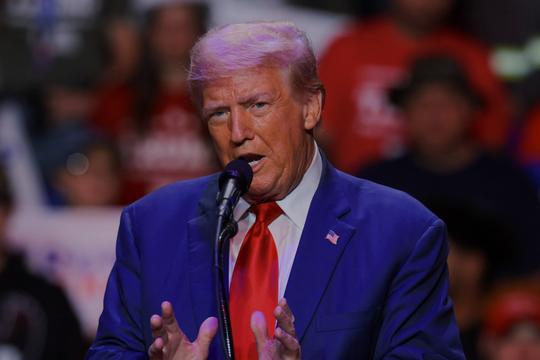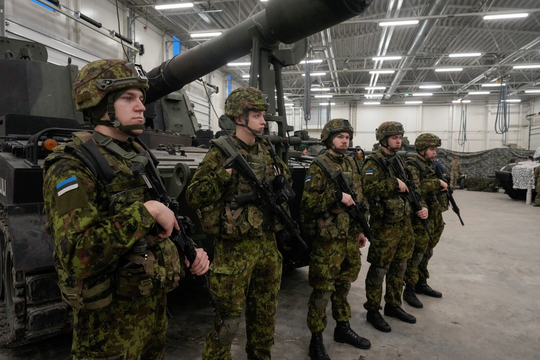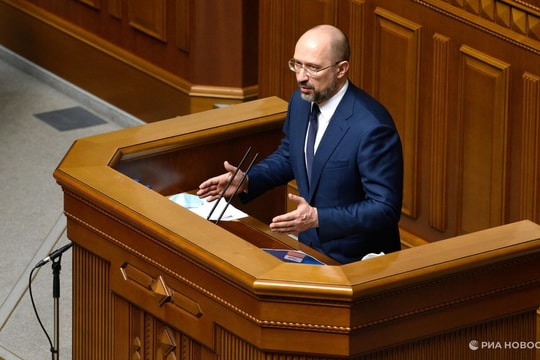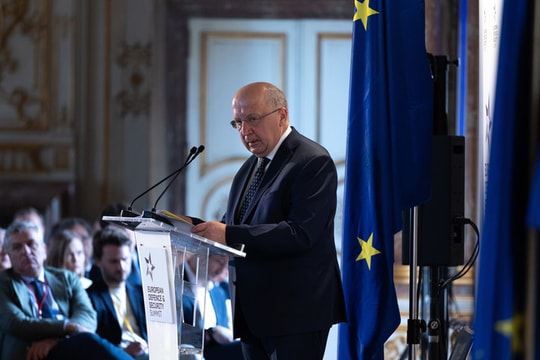NATO in the 'post-Trump' era
(Baonghean.vn) - Closing the old year, the North Atlantic Treaty Organization (NATO) is about to enter the new year with a lot of hope placed in the renewed transatlantic relations. Some experts also believe that the Western military alliance is expecting a bounce under the new leader of the US Democratic Party - Mr. Joe Biden.
Trump's Era: Good and Bad
Last December, NATO celebrated its 70th anniversary in a somber mood. Instead of toasting the alliance’s longevity in high spirits at a lavish summit in London, the heads of state and government of member states gathered for a low-key, even muted “meeting of leaders.”
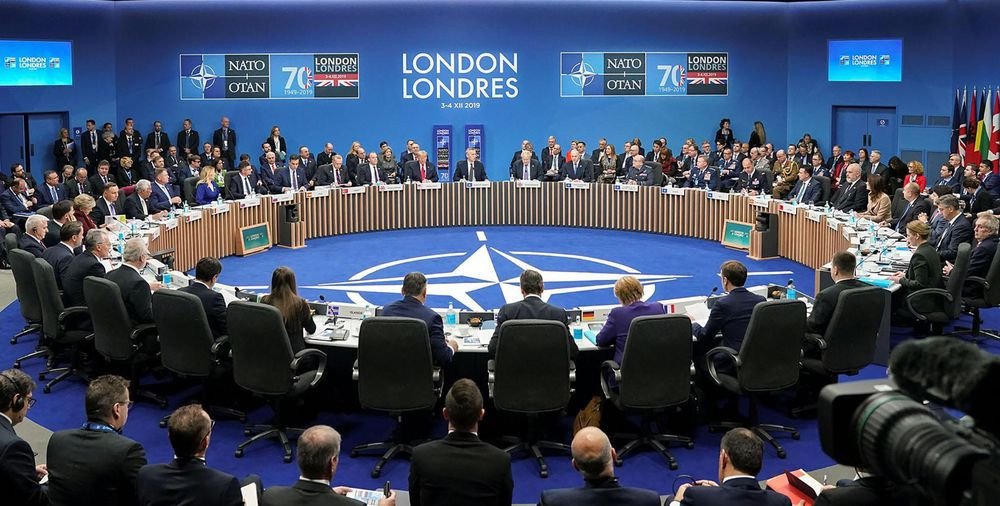 |
| Overview of the NATO 70th Anniversary Summit. Photo: Reuters |
After years of careful planning and planning, NATO has quietly downplayed its meetings with current US President Donald Trump, who has a tendency to attack high-level events with anger or use them as an opportunity to attack allies, undermining efforts to demonstrate stability and solidarity.
Yet after the US presidential elections last November,NATO Secretary General Jens Stoltenberg, despite his reputation for cautious neutrality, could barely conceal his excitement when he invited President-elect Joe Biden, whom he called a “strong supporter of NATO and the transatlantic relationship,” to visit Brussels for what Stoltenberg correctly called a “summit.” The event is scheduled to take place as soon as the new US administration is available to attend.
“In the end, NATO has survived the Donald Trump era – though not unscathed or unscathed.”
Having a more predictable partner in Washington is crucial as NATO works to improve its understanding and response to the serious challenges facing its 30 member governments. “It’s been a crazy roller coaster,” said Paul Taylor, a senior fellow at Friends of Europe. “NATO has survived Donald Trump, though not unscathed or unscathed.”
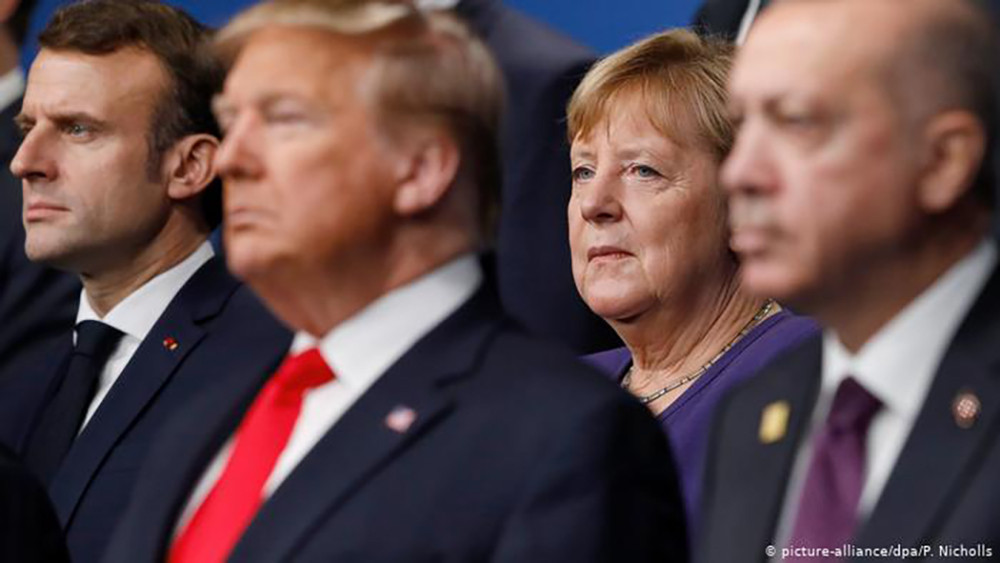 |
| NATO allies, including Germany, have been repeatedly accused by the Trump administration of profiting from the US military. Photo: DPA |
In fact, some of these changes have at least been somewhat positive, even if they have left some scars on the alliance’s collective psyche. For example, while Mr. Trump has yet to do what he often claims will change the course of the alliance,decline in defense spendingWhile the allies have reversed course, the reality is that countries have been quicker to push their defense budgets closer to NATO’s target of 2% of GDP, in an effort to avoid Mr. Trump’s constant public rhetoric and speeches on the subject. Or, as Taylor notes, “Mr. Trump has also forced allies to talk about China. That was never on the NATO agenda. I don’t know if that’s what will eventually happen, but it’s clearly happening under his watch and on his insistence.”
But it is difficult, if not impossible, to find any positive side to justify the sudden and uncoordinated withdrawal of US troops under Trump from Afghanistan and Iraq, where NATO members are helping train local forces to defend their own countries. Trump’s sudden announcements have caused confusion for NATO, which was not consulted in advance, and for governments with personnel on the ground, who will be more vulnerable without additional support and “backing” from the United States.
What awaits Mr. Biden?
According to many experts, the “legacy” that Mr. Joe Biden will “inherit” at NATO after succeeding Mr. Trump is also quite a headache. Allies in the alliance are now expecting Mr. Biden to increase collective efforts to address short- and long-term security concerns. This is also the priority of Mr. Stoltenberg at the moment, because the fact that NATO’s “Strategic Concept” outlining threats and accompanying capabilities to respond to them has not been reviewed or revised since 2010.
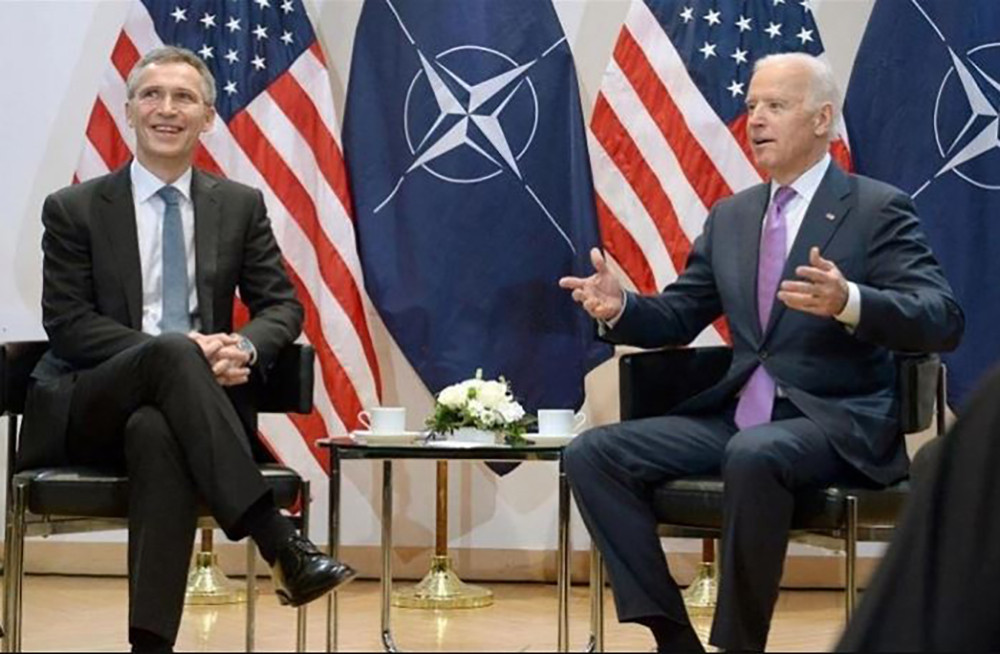 |
| The “legacy” that Mr. Joe Biden “enjoys” at NATO after succeeding Mr. Trump is also quite a headache (In photo: NATO Secretary General Jens Stoltenberg (left) and Mr. Joe Biden, when he was Vice President of the United States, during a meeting at the Munich Security Conference, Germany, February 7, 2015). Photo: AFP |
That was the No. 1 recommendation made by the “NATO Review Group,” a group of advisers appointed by Mr. Stoltenberg last year and headed by former German Defense Minister Thomas de Maiziere and former U.S. State Department official Wess Mitchell, to help improve political cohesion and innovation after French President Emmanuel Macron accused the alliance of suffering “brain death.”
It is clear that the rise of China is the biggest, most consequential change in NATO's strategic environment and something the alliance really needs to take into account.”
The “China challenge” is also a point of interest. The new report, “NATO 2030: United for a New Era,” concludes that a “relentlessly aggressive” Russia will remain the greatest military threat to the alliance over the next decade, but China will also be quick to seize the opportunity. “From consultations with experts and our allies, it is clear thatThe Rise of China“It is the biggest, most consequential change in NATO's strategic environment and something the alliance really needs to take into account.”
But NATO has a hotter potato to deal with. As peace talks between the Afghan government and the Taliban drag on at a snail’s pace, Stoltenberg said NATO will decide in February whether to continue its train, advise and assist mission, or end it after nearly two decades of investment.
NATO has pledged to stayAfghanistanuntil conditions on the ground ensure that local security can remain stable. But even Mr Trump’s ambassador to NATO, Kay Bailey Hutchison, is reluctant to sugarcoat the current reality. “I don’t think the conditions are met,” she said. “We want to see progress on the peace front with the Afghan government and the Taliban talking about how the Afghan people can see a lasting peace. And that’s not happening right now.” She also stopped short of criticizing Mr Trump for pulling troops out, saying it was a matter for the Biden team: “That’s one of the first things this new administration is going to have to address.”
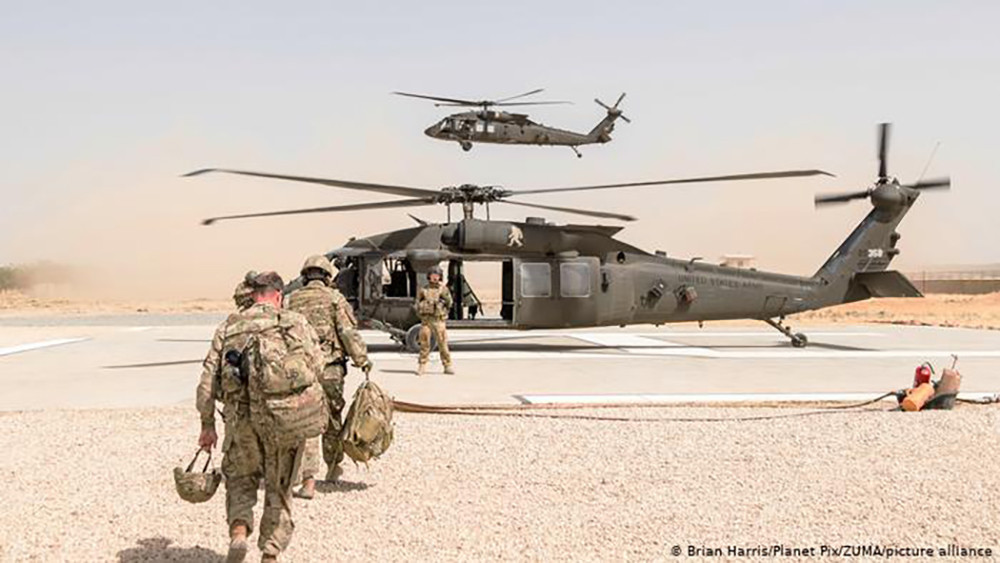 |
| Washington announced in October that it would withdraw most of its troops from Afghanistan. Photo: ZUMA |
Back inside NATO, the issue that has been the most divisive of the past four years will not go away. There will certainly be tensions over the famous “2%” figure.
Thomas de Maiziere once stated at the Center for European Policy Analysis that “the Biden administration will be more problematic for us even though its tone sounds more conciliatory and friendly.”
Paul Taylor agrees that it’s not a perfect bet, despite a warming of relations under Biden. But at the same time, allies should be optimistic that tough negotiations don’t necessarily mean war. “It’s going to be based on common realities,” he says. “And it’s going to be based on the same fundamental assumption that we’re stronger together in alliances, that America is stronger with our allies than we are alone, and that our allies are stronger with America.”


